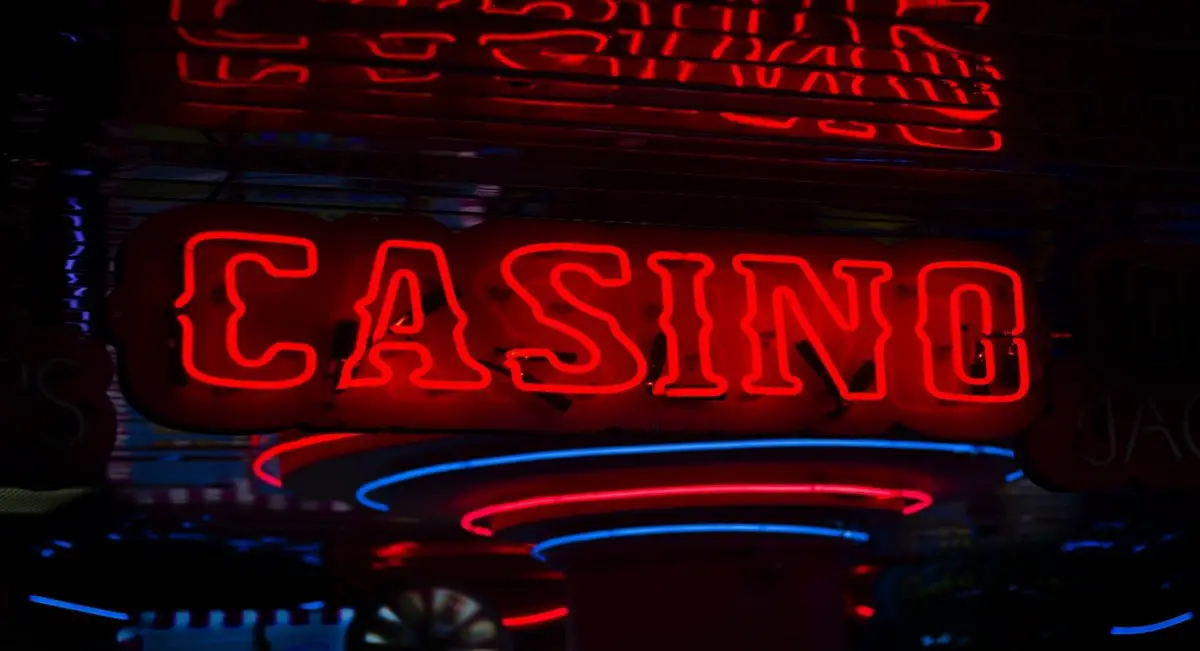
Casino games have long captured the fascination of people around the planet, becoming an important part of both fun and society. From the glimmering lights of Las Vegas to the captivating experience of virtual casinos, these activities evoke enthusiasm, risk, and sometimes even a sense of remembrance. They are beyond simply hobbies; they have woven themselves into the tapestry of human experience, influencing everything from movies and music to clothing and writing.
The charm of casino games goes beyond the wagering aspect, tapping into wider themes of serendipity, possibility, and psychology. As players gather around a gaming table or rotate the roulette wheel, they engage in an timeless ritual that connects with our communal desire for adventure and unpredictability. This obsession has led to the emergence of numerous references in cinema, music, and gaming, showcasing how deeply entrenched these games are in popular culture. Whether it is the intense drama of a legendary heist movie or the vibrant nightlife portrayed in music videos, casino games have created a substantial place that reflects our connection with risk.
Social Importance of Casino Games
Casino activities have played a crucial role in cultural aspects throughout the ages. Originating from old societies, games of chance were often linked to rituals or events. For instance, early forms of these activities can be traced back to ancient Chinese and the Roman Empire, where dice games and wagering on results were common pastimes. These games not only served as leisure but also as methods of connecting people, facilitating connections among individuals within communities. https://rr88.academy/
As cultures evolved, so did the sophistication and structure of casino games. The creation of formal casinos in the 17th century, particularly in the Italian region, marked a significant shift in how games were perceived and organized. With specific spaces for gaming, the casino became a community center where people from different backgrounds gathered. This evolution contributed to the validation of the industry, transforming it from a mere pastime into an organized industry that influenced the economy and regulations.
The effect of casino activities on popular culture cannot be overlooked. As they were brought into the limelight in books and film, games such as Texas Hold’em and 21 became icons of risk, luck, and tactics. Famous figures and stories have emerged around these activities, illustrating societal views towards luck, prosperity, and vice. This fascination with gambling activities has infiltrated various forms of media, solidifying their place in the collective consciousness and linking them to broader cultural narratives throughout history.
Portrayal of Gambling Games in Media
Gambling games have long been a popular theme in various forms of media, reflecting both the excitement and nuances of gambling culture. Films such as Ocean’s 11 and Casino Royale portray characters who navigate dangerous scenarios, showcasing not only the attractiveness of the casino atmosphere but also the tactics and judgments that come with playing popular games like poker and blackjack. These movies often dramatize the exhilaration of winning and the potential results of losing, encapsulating the risks involved in gambling.
Television shows have also explored the realm of gambling activities, often integrating them into the narrative as a setting for story progression and tension. Series like Las Vegas depict the experiences of gambling employees and patrons, highlighting the vibrant, often disorderly energy of the casino floor. Docuseries featuring intense gambling competitions further emphasize the attraction of casino games, drawing viewers into the excitement and strategy involved in each session. Through these depictions, media not only engages but also stimulates conversations about luck, skill, and the essence of randomness.
Digital games have increasingly included casino games into their development, allowing players to experience the feeling of gambling without financial risk. Games within the landscape of online gaming often include online slot machines, online poker, and other casino favorites, creating an engaging environment that mirrors real-life gameplay. These virtual portrayals make casino games accessible to a broad demographic, appealing to both gamblers and those who enjoy the thrill of simulation. As a result, the representation of casino games in entertainment continues to shape cultural attitudes and cultural significance, highlighting their place in entertainment and social context.
Effect of Casino Games on Communities
Casino games have a meaningful effect on communities, affecting multiple aspects of societal norms and social behavior. They often serve as a platform for social interaction, where people gather to experience a common experience. Casino trips with friends or visits to casinos become social activities that foster connections and create memories. This communal aspect boosts the entertainment value of gambling activities, making them a favored choice for festivities and recreational pursuits.
Additionally, casino games have been depicted in numerous films, TV series, and literature, shaping views and opinions towards gaming and betting. Icons like James Bond playing baccarat or the intense poker scenes in films have embedded these games in the shared imagination. This depiction often idealizes the culture associated with casino activities, drawing in new players and influencing trends in both fashion and conduct. These portrayals can spark curiosity and lead to a deeper investigation of the nuances of gaming.
However, there are also adverse consequences linked to the widespread appeal of casino games. The allure of quick monetary gain can lead to problem gambling and financial troubles for some individuals. Society must grapple with these issues, advocating for responsible gaming and awareness of the dangers involved. Balancing the entertainment value of casino games with the potential for harm is vital to ensure that they continue to be a positive aspect of our cultural landscape.
